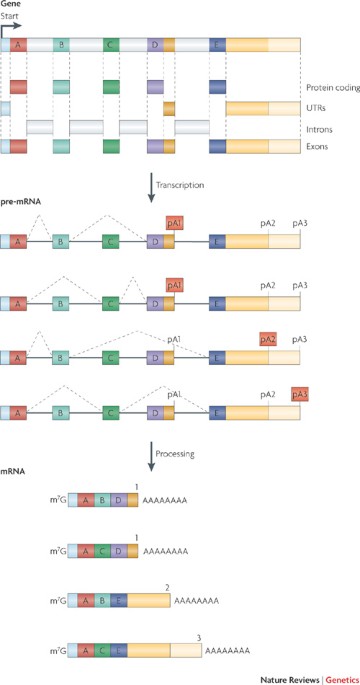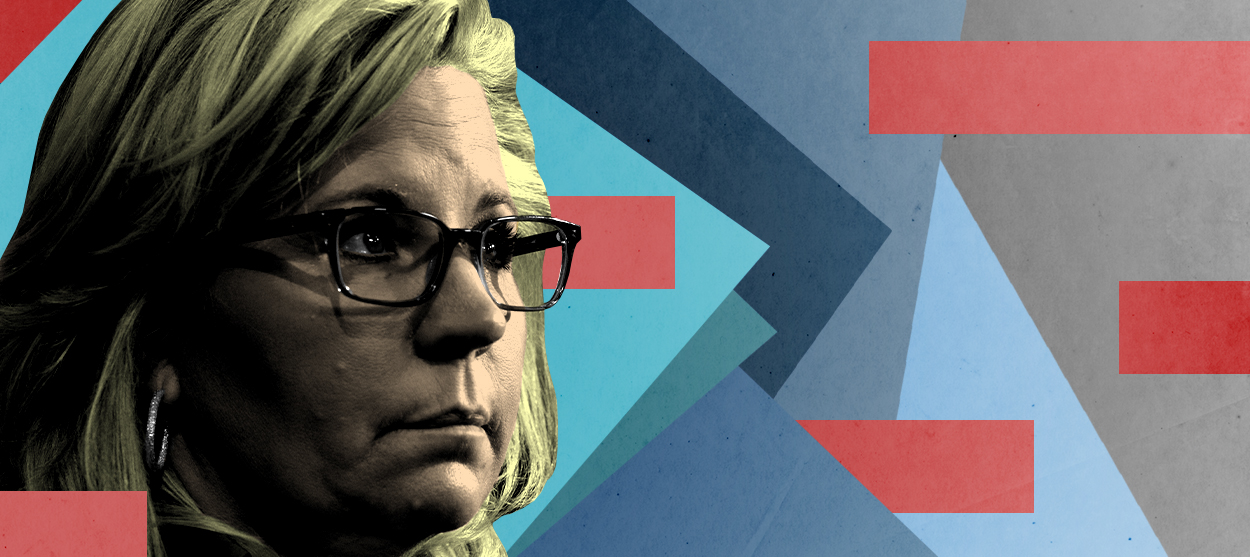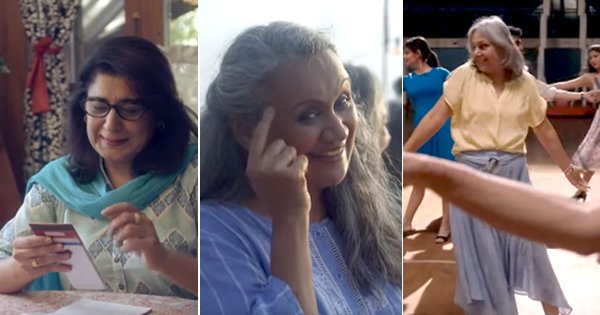
- Select a language for the TTS:
- UK English Female
- UK English Male
- US English Female
- US English Male
- Australian Female
- Australian Male
- Language selected: (auto detect) - EN
Play all audios:
The department of health and family welfare introduced the pulse polio immunisation programme in 1995. Since then, many rounds of national and sub-national anti-polio days have been observed
and numerous children aged up to five administered the oral polio vaccine (opv). However, polio continues to afflict. And, what is more terrifying, many children have developed the disease
even after taking ten or more doses of opv. Why has the vaccine failed to protect? Common sense dictates that there can be two reasons. Many children might not respond to the vaccine because
of some factors in their body, known as inhibitors. It is also possible that the vaccine might have been of poor quality -- a result of manufacturing flaws or bad storage facilities. The
official explanation Officials ascribe the failure of the programme to wild polio viruses circulated by children who did not participate in the immunisation programme. But the National Polio
Surveillance Project data belies this argument. According to this New-Delhi based organisation's figures, 60 per cent of those who developed polio in 2001 were administered four or
more doses of opv, 44 per cent in 2002 of those who contracted the disease were administered the vaccine and in 2003 this figure went up to 51 per cent. It is quite possible that many of
those who developed the disease after being administered the vaccine would have participated in circulating wild polio virus. All this clearly indicates a case of vaccine failure. Some
experts suggest administering many doses of the opv to take care of this . But they overlook a very unique property of opv. Unlike many other vaccines, the opv comprises live viruses. Though
their virulent properties are removed, these vaccine viruses can re-acquire these properties during replication and multiplication in the gut. These mutant viruses can then cause paralytic
polio, like the wild virus. In other words, vaccine failure with opv leaves children vulnerable to vaccine associated paralytic poliomyelitis (vapp). Also, mutant vaccine polio viruses can
spread and cause polio in children who were not administered opv -- this is called contact vapp. Mutant vaccine viruses could be one reason for the high incidence of vapp in our country. How
many preventions? Vaccine failure leaves the child vulnerable to polio by wild polio viruses as well as by mutant vaccine polio viruses. The crucial question then is: how many cases of
polio have actually been prevented by opv? It is not possible to answer this one. This is because no serological studies have been conducted in the recent past to find whether the opv
actually generates antibodies in those inoculated. But then what about those children who were administered opv and did not develop polio? Hasn't the vaccine protected them from the
disease? That really might not be the case. There could be other reasons that these children did not develop polio. For one, the wild polio viruses circulating in the community could have
provided immunity. It is also possible that many among those inoculated were actually not exposed to wild polio viruses at all because of improvement in hygiene and sanitation. Let's
get into the act Polio eradication in India is not a national programme, but a part of the World Health Organization's global programme. So many argue that this world body has the
prerogative to formulate policy and strategies to readdress the programme's failure. But shouldn't the fact of Indian children continuing to develop polio, even after taking many
doses of opv, be reason enough for Indian experts to get into the act? The deadline for polio eradication has been extended many times. Going by conventional wisdom, we should have known
full well that a programme, which has not worked in nine years (1995-2003), would not eradicate polio in the tenth year (2004). Indian experts should conduct studies to find reasons for the
vaccine's poor performance -- so that some remedies can be suggested. Otherwise, the deadline for polio eradication will be extended time and again and blame for the failure of the
programme will be put on those parents who have not taken their children for vaccination. _Yash Paul is a Jaipur-based pediatrician. Contact him at [email protected]_55









:max_bytes(150000):strip_icc():focal(749x0:751x2)/Sha-Tabb72-53f4821867de43bf9f4664edb7ab4b61.jpg)
